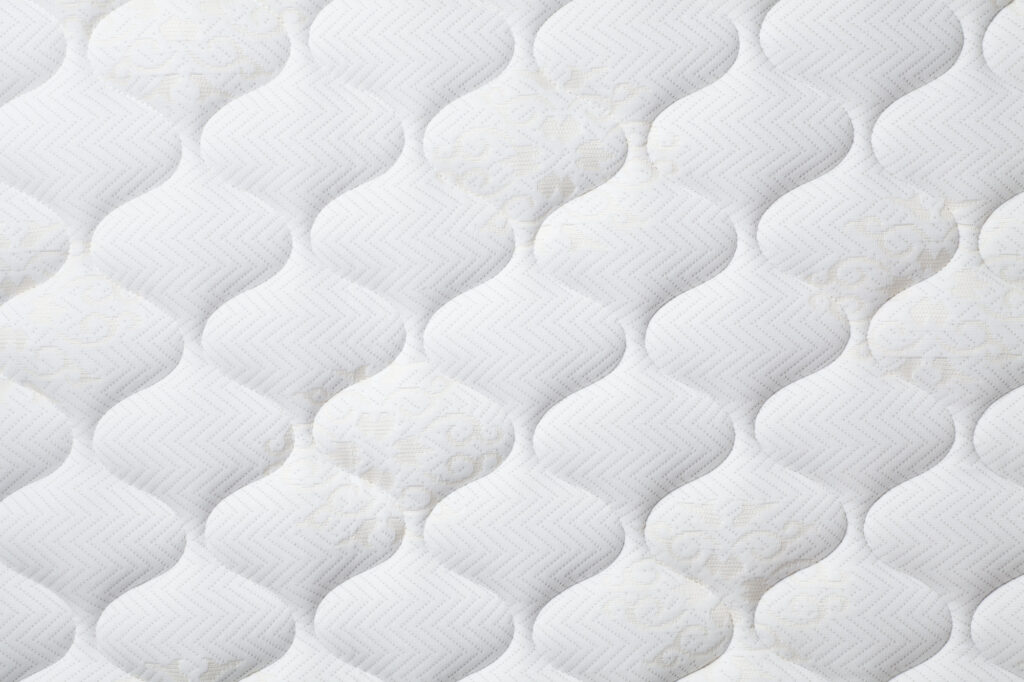Comfortable Living: 7 Signs You Need a New Mattress
The average person spends 26 years asleep, around one-third of their life.
A good night’s shut-eye is key for a comfortable living and that starts by sleeping on a supportive mattress. Perhaps your sleep is suffering because your mattress has become increasingly uncomfortable.
Sound familiar? Luckily, you’ve come to the right place. Here are seven signs you need a mattress replacement.
1. You’re Always Tired
If you’re unsure whether to repair or replace your mattress, consider the quality of your sleep. Although many factors determine how well you sleep, don’t overlook your mattress as it could be the culprit.
You should also examine your sleeping patterns. Are you always nodding off on your couch or in your friend’s house? This is a sign that you must replace your mattress because you’re not comfortable in your bed.
Further, it’s common for us to sleep better when we’re in familiar surroundings so if you’re experiencing the opposite, check your mattress. An old mattress makes it harder for you to fall asleep, keeps you tossing and turning throughout the night, and makes you reliant on afternoon naps.
2. Waking Up With Aches and Pains
Aside from a comfortable bedroom and fantastic bedroom decor, you mustn’t wake up feeling achy. A telltale sign it’s time to change your mattress is if you wake up with a pain in your neck, back, lower back, or shoulders. This is problematic because it means your mattress is harming your body rather than supporting it.
Many people compensate for an old mattress by buying more pillows and toppers because they’re lacking the support. But this isn’t sustainable and you’ll spend more in the long run without solving the main issue.
3. You’re Getting Allergies
Bedroom cleaning is crucial as many mattresses accumulate dust mites and other allergens that could worsen your allergies.
If you’re constantly sneezing or feeling stuffed up in the morning, it’s time to swap out your old mattress. Those suffering from allergies should get one made from hypoallergenic materials like wool or latex. Once you’ve got a new one, you must learn how to clean a mattress to prevent any allergens from building up.
4. Your Mattress Sags
One of the top bedroom essentials is making sure your mattress doesn’t sag. Old mattresses sag because the fibers become compressed over time and leave behind dents.
Examine your mattress and make sure the impressions are less than 1.5 inches, any more and you’ll experience back pain. It’s harder to see indents or impressions on memory foam mattresses as they’re designed to hug your body. So give it a vigilant examination and ensure the impression is no greater than two inches.
If you’ve got a memory foam mattress, you should also check whether it’s become too hard or too soft. Memory foam is sensitive to temperature and will become hard in a cold room or soft when it’s warm. It’s no surprise that this drastic change can compromise your quality of sleep.
Another sign you need a mattress replacement is if there are lumps. Older mattresses get lumps because the padding has shifted so the surface is uneven and not giving you the necessary support. Plus, lumps can become uncomfortable pressure points that affect your sleep.
5. Your Mattress Makes Noises
Mattresses can only support you when they’re supported. If you feel like something is off, then examine your bed’s foundation and frame to check there are no signs of wear and tear.
Broken or old springs can compromise your mattress’s comfort level, support, and shape. So if you notice any squeaking or creaks, then it’s time to replace your mattress.
6. You’ve Had Your Mattress for 8 Years
As a general rule, change your mattress every eight years maximum. Note there could be issues that you can’t see so it’s important to buy a new one.
If not, you’ll be sleeping on a mattress that offers no support and you may not sleep which will affect your quality of life.
To keep track of the mattress’s age, write the date of purchase on its warranty.
7. Your Body Has Changed
Aside from checking your mattress, you should also consider any body changes. For instance, if you’ve gained or lost a large amount of weight, your mattress may now feel too hard or soft which will be uncomfortable.
Heavier individuals should choose a firm mattress while lighter individuals may find soft or medium mattresses work best for them.
Further, pregnant ladies should get a new mattress because their bodies are going through a drastic change. Customizable mattresses are great because they provide support at every stage of the pregnancy so you don’t sacrifice vital sleep.
You should also change the mattress if you’ve got a partner. When two people are sharing a bed, your mattress has to bear a greater load so consider how old your mattress is and if can properly support both of you.
If your partner snores or constantly moves then consider getting memory foam as they have great motion isolation. And, if you haven’t already, get a larger mattress so it comfortably accommodates both of you.
Enjoy Comfortable Living With Your New Mattress
Hopefully, after reading this article, you’ll strive for comfortable living with a new mattress.
Make sure you upgrade your mattress every eight years, regularly check for lumps or impressions, and get a larger size if you’ve got a partner. It’s wise to examine your mattress to make sure it doesn’t affect your sleep and everyday life. Good luck!
Did you find this article helpful? Awesome! Then check out our posts on everything from Real Estate to Home.
